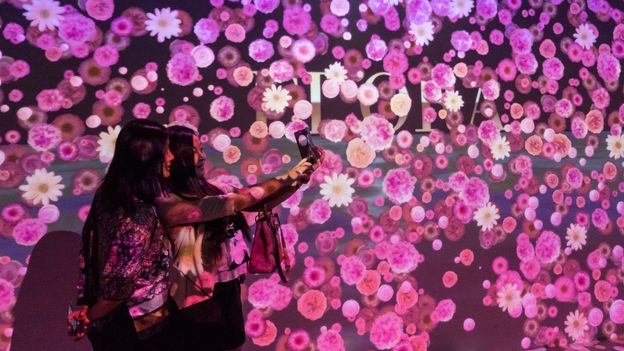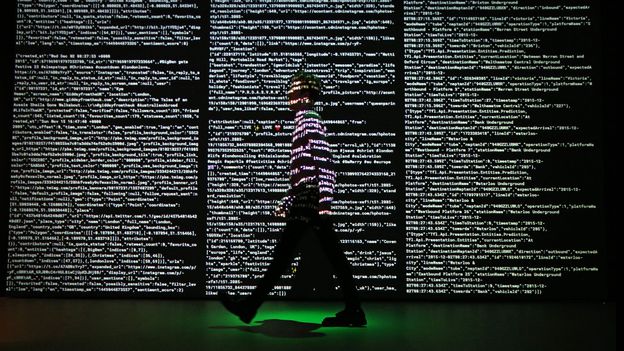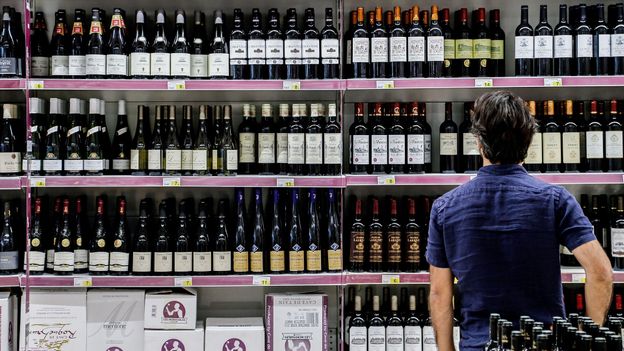Others say they feel the strains of the growing and overbearing hand of the “departyment” (政府部门), as the government spends more time and resources at local level to maintain its hold over an increasingly streetwise younger generation.
There have been many seismic changes in Chinese society over the last decade – rapid economic growth has been billed as a major triumph, especially under President Xi Jinping. Since he came to power in 2012, President Xi has offered the next generation a vision of a better life and greater prosperity, as well as the prospect of them living to see China rise to become a leading global power.
And Chinese millennials are enjoying the spoils of this boom, being notably more affluent than their predecessors. They are more readily able to put the English they learn in school to use on their foreign travels for example.
But the growth of ‘Chinsumers’ (在外疯狂购物的中国人): this new generation of young Chinese with spending power and a thirst for luxury goods also pose a big challenge for the Communist Party’s tightly controlled regime.
Despite the prosperity and new found freedoms to travel, accounts of people who work hard at the expense of having any work-life-balance at all are commonplace in the online discussions. Young Chinese complain that their time is increasingly being taken up with technology and thoughts of escaping the rat race and starting over are a recurring theme.
Many are left just trying to keep their heads above water financially and are left suffering in ‘smilence’ (笑而不语) – putting on a brave face and hiding their frustrations.
—
To comment on this story or anything else you have seen on BBC Capital, please head over to our Facebook page or message us on Twitter.
If you liked this story, sign up for the weekly bbc.com features newsletter called “If You Only Read 6 Things This Week”. A handpicked selection of stories from BBC Future, Culture, Capital and Travel, delivered to your inbox every Friday.









